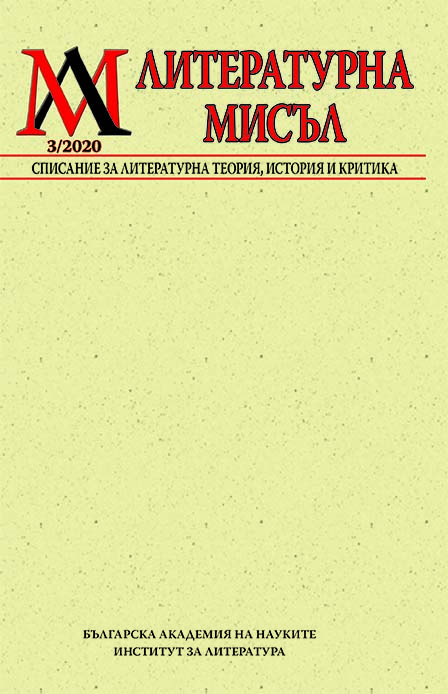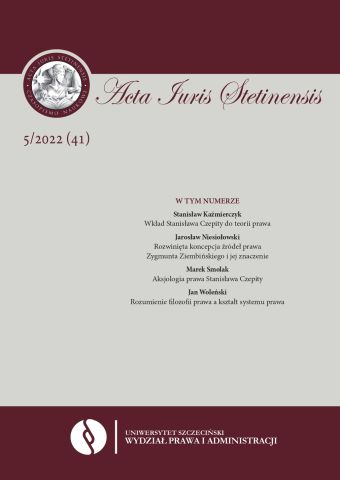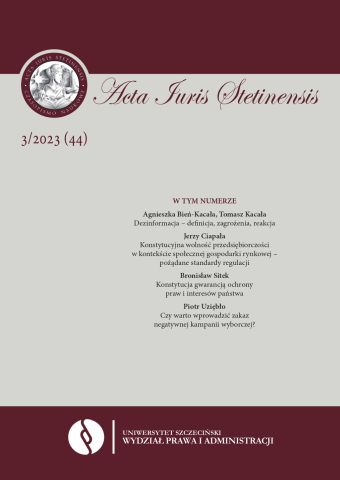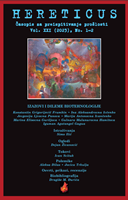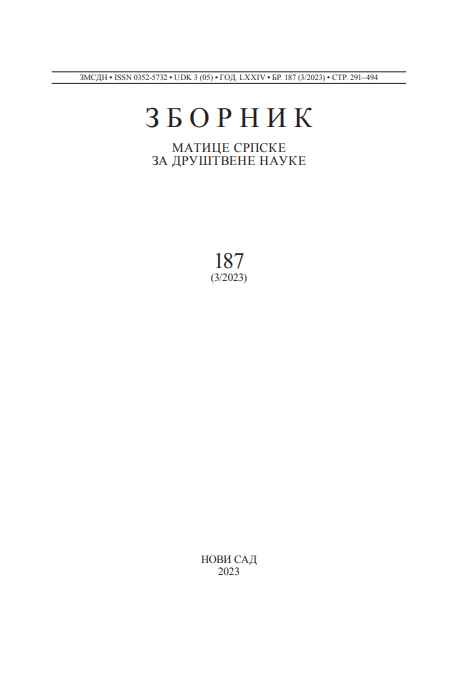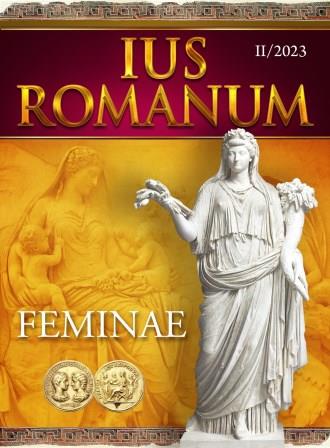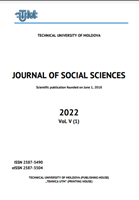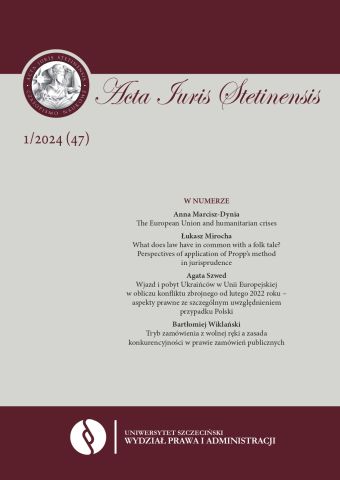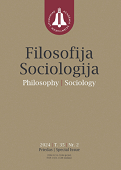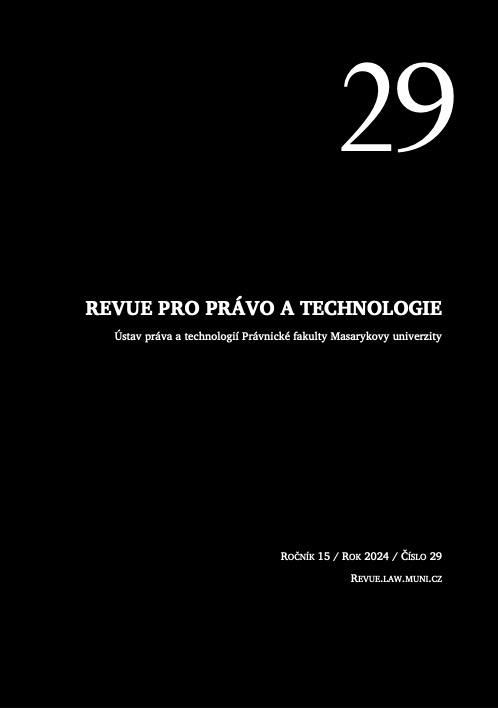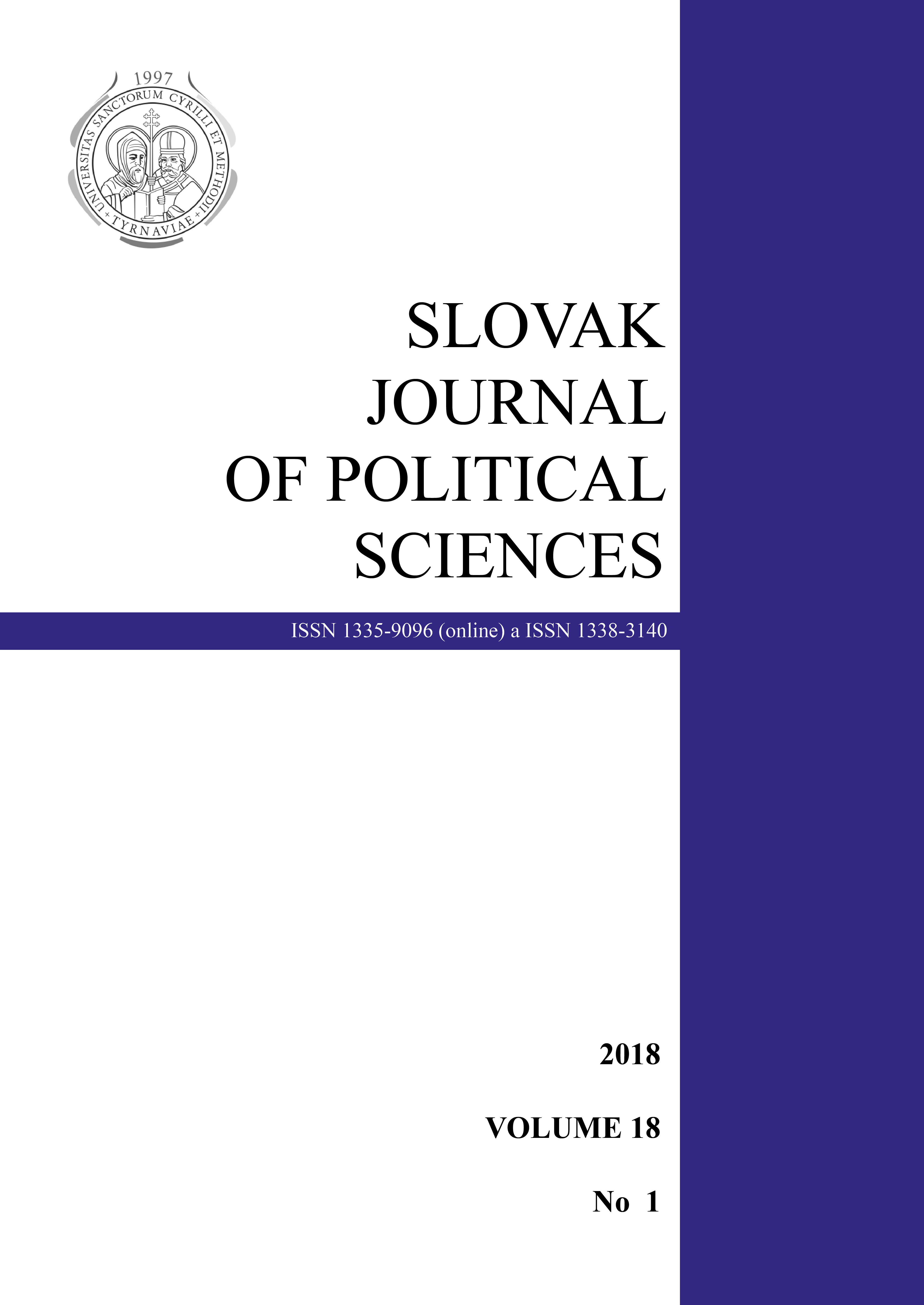
Theories of Private Property: Ownership and Social Justice
In the following study I will take a closer look at the concept of ownership, which is the real cause for concerns by Libertarians with regard to the concept of social justice. In general, we can talk about three basic methods of argumentation in favour of private ownership - immanent, desert-based and consequentialist. The first of them speaks of ownership as a fundamental human right, e.g. Nozick´s theory. The basic problem of Nozick´s argumentation is his assumption of equal rights of all people to ownership. One´s right to ownership, however, may distort the right to ownership of the others. The second reasoning, the desert-based theories, usually consider the entrepreneurial initiatives, investments or the energy expended the legitimation for the private property. However, the advocates of private property fail to prove that the deserts of the owner are in comparison with the workers in proportion to their often immeasurably higher rewards and power. The third way of argumentation is offered by the consequentialist theories of ownership. The mainstream argument is based on the Aristotelian-Thomistic argument that the private ownership motivates the owner to care about his own with greater tendency and interest. However, the managerial revolution within corporate capitalism shows that ownership is not directly linked to efficiency, and therefore the private ownership can be replaced by other forms of ownership, especially the cooperative ownership which I defend as the social just alternative to the classical private property models.
More...
